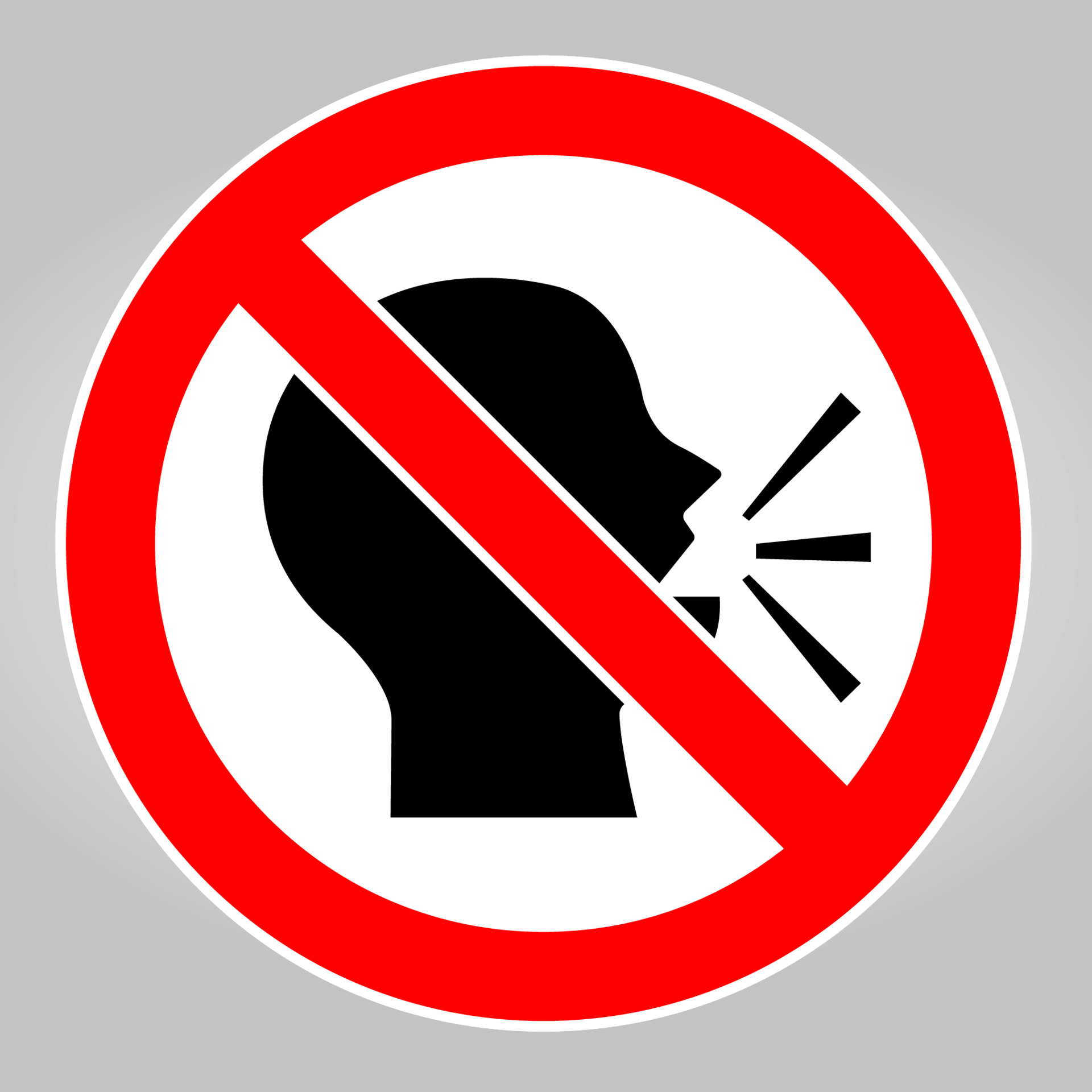There is a fundamental problem with AI. It is not, or not just, that it will replace all our jobs, or that it will turn on us. It has no ability to determine what is real, and no sense of values. As a result, there are growing reports of AI systems “hallucinating,” and encouraging people to harm or kill themselves.
In other words, it has no judgement. AI bases its responses on the mass of data available on the internet: reputedly, it gets most of its responses from Reddit and Wikipedia. It is just quoting. This, in philosophical terms, is the ad populum fallacy—there is no necessary connection between popular opinion and truth.
The other principle on which it operates is that it will agree with any opinion stated by the human who queries it. If the questioner begins with a delusion, the AI will assent to and reinforce that delusion.
How can this be helped?
Not by relying on “experts” for data. That is the “appeal to authority” fallacy. Encyclopedias that relied on experts for their content have been shown to be no more accurate than Wikipedia. On top of this, we increasingly discover that “experts” have their own agendas to protect and advance.
As it happens, AI shares these two problems with psychiatry: psychiatry relies on consensus, not judgement of what is real, and therapists will usually automatically affirm the patient’s point of view. No judgement, and so no guidance.
The solution is obvious: we need AI to get religion. This is where guidance comes from. This is where our sense of values comes from. We need a Catholic AI which will prioritize as its sources the Catechism of the Catholic Church, the Bible, the creeds. Then, if the answer is not found there, it will go, in order of authority, to the formal documents from the various ecumenical councils, the Patristic writers, Aquinas’s Summa Theologica, St. Augustine, the writings of Doctors of the Church, papal bulls, the writings of the saints. It could also access all the rest of the data available on the net, but only if the answer was not found here. Ideally, it would have the ability to test other data against these prioritized sources just as a law is tested against the constitution. Although I doubt that is possible.
Aside from giving reliable guidance day to day, something most of us want urgently, this is an ideal way to teach the faith. With the decline of denominational schools and universities, this is also an urgent need.
The same could be done for other religions too: one could choose the engine or filter that suits one’s faith. But it would be easiest for Catholicism, since the lines of authority are most clear, and the sources most plentiful.



























